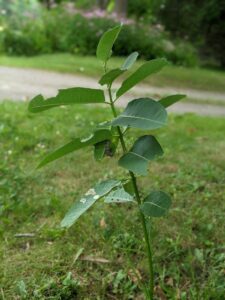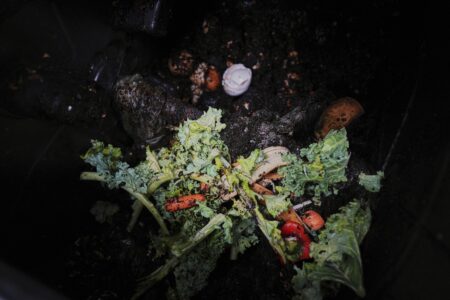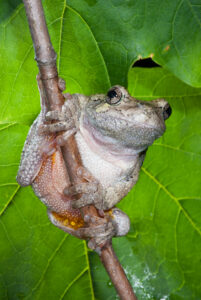Tickle A Tender Touch
Ticklishness is a human reflex least understood even though experienced by most everyone sometime during their life. A recent article in the, Wall Street Journal asked, “Why Are Some People More Ticklish Than Others?” The neuroscientist, David J. Linden, noted in the article that nobody knows for sure. He offers the thought that ticklishness is a reflex gone awry. During human evolution a tickle of the skin by a crawling mosquito or worm prompted a spontaneous protective response to swat or brush the invader away to escape a bite.
Linden’s recent book published in 2015, “Touch: The Science of Hand, Heart, and Mind,” explains that touch is the least appreciated of our senses. Touch is taken for granted when compared to sight, hearing, taste and smell. Man can live a healthy, productive, comfortable life with loss of one or more of these senses, but without touch, damaging consequences affecting emotional and physical health develop. Infants raised in understaffed orphanages and premature infants kept in an incubator for weeks where they received little human contact had delayed growth and walking efforts, attachment disorder, and an impaired immune system causing repeated infections. Such touch-deprived babies had a higher incidence of type 2 diabetes, obesity and heart disease later in life.
Significant psychiatric disorders such as anxiety, psychoses and poor impulse control were associated with human-touch deprivation during infancy. Fortunately, deficits from touch deprivation can be reversed if human touch is restored early in an infant’s life. Studies reveal faster weight gain, fewer infections, better sleep, less crying and faster development of attention skills and physical coordination in touch-deprived babies when treated with baby massage for 20-60 minutes a day and handling during feeding. Since the premature baby is vulnerable to problems of touch deprivation, some hospitals today utilize kangaroo care. This care attempts to duplicate the care a tiny hairless baby kangaroo receives inside its mother’s pouch, with constant skin contact and suckling at her breast. Premature human babies are diapered then placed skin to skin on their mother’s or father’s chest and breasts to feed/or rest daily. Linden states in his book that human babies receiving kangaroo care have improved sleep pattern, cognitive control and parent-child mutual affection.
Baby mice raised in the laboratory, when removed from their nest, miss out on mother’s grooming and licking, become fearful and less likely to explore new surroundings than their siblings left in the nest with mother when they grow up. Grooming in mice has been found to release hormones in the infant mouse brain leading to permanent beneficial behavior that persists into adulthood. Similar chemical changes are thought to occur in human infants who are held and touched frequently, compared to touch-deprived infants who lack these hormones, which can then lead to permanent abnormal behavior and physical diseases.
Since ticklishness is blending of hand, heart and mind, response to tickling is variable. Gentle tickling in the ribs or armpit by a partner will generate laughter, squirming and affection, whereas the same touching during an argument will create a sudden withdrawal and perhaps a command, “Do not touch me.” A handshake upon greeting someone new communicates warmth and pleasure. A pat on an athlete’s back by a coach or a “high five” from a boss communicates a feeling of confidence and satisfaction. As we age, we become less ticklish. Incidentally, self tickling seems to be impossible.
I was curious about ticklishness in my immediate family. My four daughters agreed to judge the degree of ticklishness in their spouses, children and themselves on a scale from 1 to 10 with 10 being extremely ticklish. My daughters’ average was 7.4 and their husbands’ was 4.6. Their nine children averaged 7.4 with a score of 7 for the girls and 8 for the boys. The adult men were much less ticklish than the women, but the boys were more ticklish than the girls.
If ticklish, be thankful your sense of touch is working and appreciate how much pleasure you experience through touch with nature, pets and friends.






